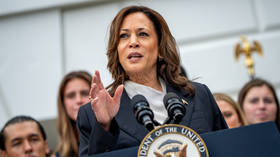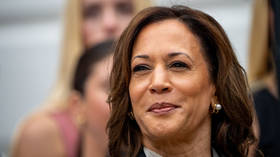21 Aug, 2024 09:03
Kamala Harris may well win the White House
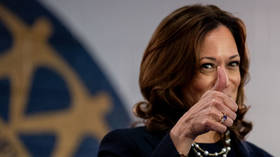
Within just a month of becoming the Democratic Party nominee for president, Kamala Harris has forged ahead in the race for the American presidency.
How has this remarkable transformation of American politics come about?
The answer lies in the departure of the senile and unelectable Joe Biden; Harris’ unexpected effectiveness and dynamism as a campaigner that has re-energized the Democratic Party; and the apparent (post assassination attempt) tiredness, negativity, and ineptitude that now characterizes Donald Trump’s faltering election campaign.
Prior to Biden announcing on July 21 that he would step down, most objective political commentators saw a Trump victory in November as inevitable – with the only real issue being how large Trump’s winning margin would be. Many pundits predicted a Trump landslide.
That all changed dramatically a month ago when Biden dropped out of the race. More importantly, within a few days, the Democratic Party had confirmed Harris as its nominee – without her having to go through a time-consuming and distracting primary selection process.
It may have taken the Democrats much more time than it should have to depose Biden – contracting Covid-19 was the final nail in the coffin for the doddering president who had become an acute electoral liability – but once they did, they moved swiftly to anoint Harris as his successor.
The fact that Biden was not deposed months ago has, oddly enough, worked to Harris’ advantage – because there is now less time before the election for her to be exposed to legitimate and probing criticism from Trump (should he be capable of that) and the media.
Even so, it cannot be denied that Harris has hit the ground running. She has campaigned for the past month with a degree of ability, enthusiasm, and vigor that has probably surprised her own party, as well as a perplexed and seemingly unprepared Trump.
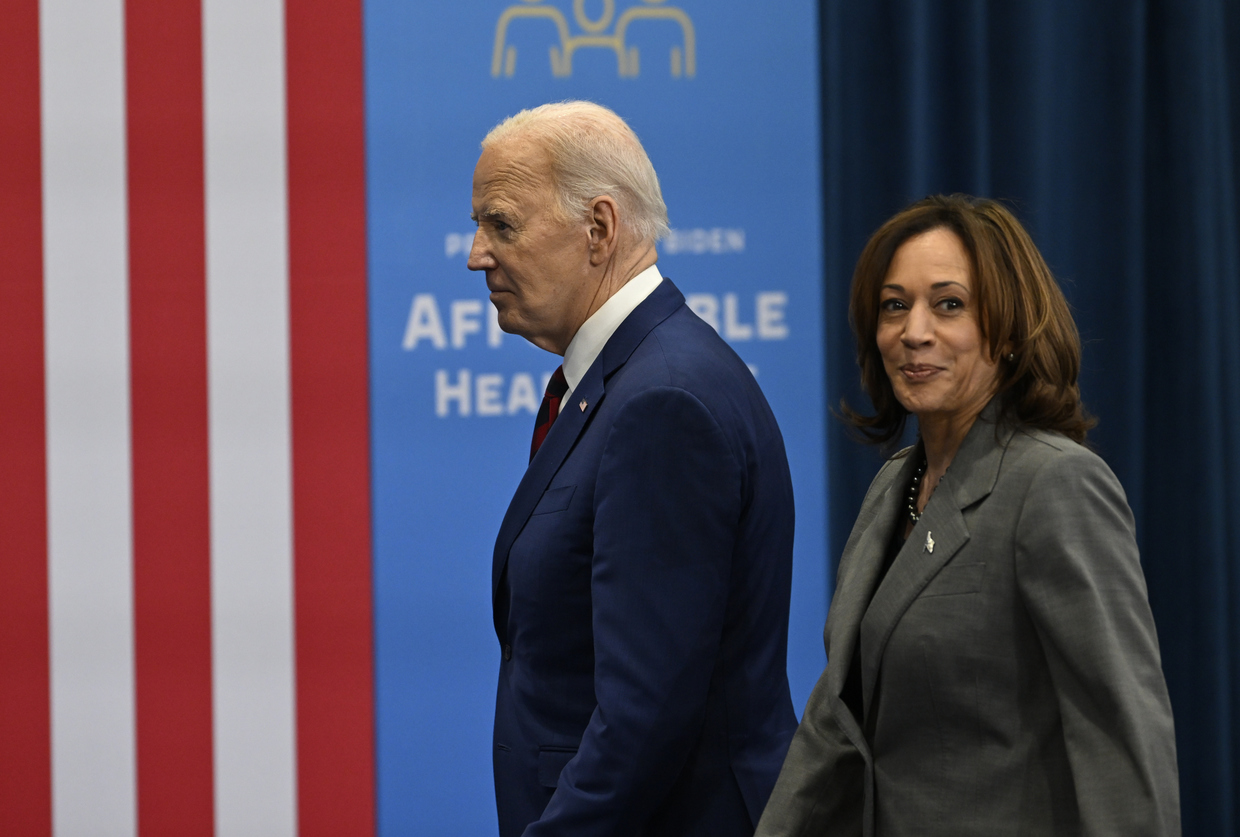
Harris’ surprisingly effective performance as a campaigner may be in part due to the inherently low-profile status of the office of vice president.
Lyndon Johnson once famously said that being vice president “was not worth a bucket of cold spit” – but Johnson himself, having been sidelined by John F. Kennedy as VP, proved to be a surprisingly capable campaigner in the 1964 presidential election, beating Barry Goldwater in a landslide.
Not only has Harris proved to be an extraordinarily adept campaigner – her recent rallies with vice presidential nominee Tim Walz (a very astute choice by Harris) are drawing large and enthusiastic crowds – she has also re-energized the Democratic Party, as evidenced by the hundreds of millions of dollars in campaign donations that have poured into party coffers in the last month.
The contrast between the Democratic Party campaign led by the diminished Biden and the “upbeat and joyous” one led by Harris is stark.
Not only can Harris and Walz effectively criticize and, perhaps more importantly, ridicule Trump (“he is just weird”) – they are also able to enthusiastically project a positive vision for America’s future under a Harris presidency.
This vision may be a political illusion, but voters of all stripes in American presidential campaigns have a deep-seated need to believe in the certainty of a better American future. Projecting such a belief was something that was quite beyond the ability of the ailing and much diminished Biden.
Harris and Walz have also put forward an economic package that they claim will ease cost of living pressures, as well as other policy initiatives (including lowering the price of prescription drugs) aimed at assisting Americans who have been left behind by the globalized economy. However unviable these measures may prove to be in practice, they will definitely attract voters.
Harris’ transformation of the election campaign and her re-vitalization of the Democratic Party are reflected in recent polls – that now show her marginally ahead of Trump in most battleground states.
These polls also suggest that Harris has clawed back ground with black and Hispanic voters, and even some of the white voters that comprise Trump’s primary electoral base.
Harris has also energized those Democrat voters who may have stayed at home and not voted for Biden – as well appealing to those crucial swing voters whose votes will determine who will become president in November.
The electoral momentum is now definitely with the Harris-Walz campaign, and that momentum can be expected intensify as a result of this week’s Democratic Party convention in Chicago.
It is also clear that Harris becoming the Democratic presidential nominee has completely wrong-footed Trump and his campaign strategy.
Last week, the well-regarded Republican election strategist Karl Rove pointed out that Trump seems to have been unprepared for Biden’s withdrawal from the race and his swift replacement by Harris – and that he has been utterly unable to effectively deal with her re-energized campaign.
Trump did not campaign for two weeks, and when he finally emerged from bunkering down in Mar-a-Lago, he seemed disoriented and lacking in energy.
At last week’s press conference and election rallies, Trump focused on irrelevancies and pointless attacks on Harris in relation to her intelligence, name, and crowd sizes. He described Harris as being “dumb,” and accused her of being a “communist” – because she believes in universal healthcare – as well as being a “fascist.”
Trump, to the despair of his advisers, said nothing about the economy or any other policy issue – but he did find time to make reference to “Hilary Clinton’s emails.”
Trump also told a completely false story about being in a helicopter emergency with Harris’ former mentor and boyfriend Willie Brown, a former black mayor of San Francisco. According to Trump, Brown said “terrible things” about Harris during this trip. Brown has now threatened to sue Trump over this story, and it has been verified that it was former white California Governor Jerry Brown who was in the helicopter with Trump.
This odder than usual behavior may be a consequence of last month’s assassination attempt, which has perhaps affected Trump more than he is willing to acknowledge.
In any event, it is obvious that Trump lacks the energy and focus that he had in 2016 and 2020. In fact, he is starting to look like a desperate, losing candidate who is unable or unwilling to discuss policy issues or articulate a positive vision for America’s future.
One Democratic political strategist described Trump’s recent performances as “pitiful,” and Harris characterized them as “the usual lies and deceptions.”
In any event, Trump’s recent public appearances have caused even his staunchest supporters a great deal of concern.
In the past few days, both Lindsay Graham and Bill O’Reilly have publicly told Trump that he needs to completely readjust his campaign strategy if he wants to win in November.
Late last week, Trump announced that he was hiring five new political advisers – including former political adviser Corey Lewandowski, who was previously sacked by Trump after the wife of a donor complained that he had made unwanted sexual advances towards her. When he worked for Trump in 2016, Lewandowski’s motto was “Let Trump be Trump.”
Whether or not Lewandowski’s appointment proves to be a success remains to be seen.
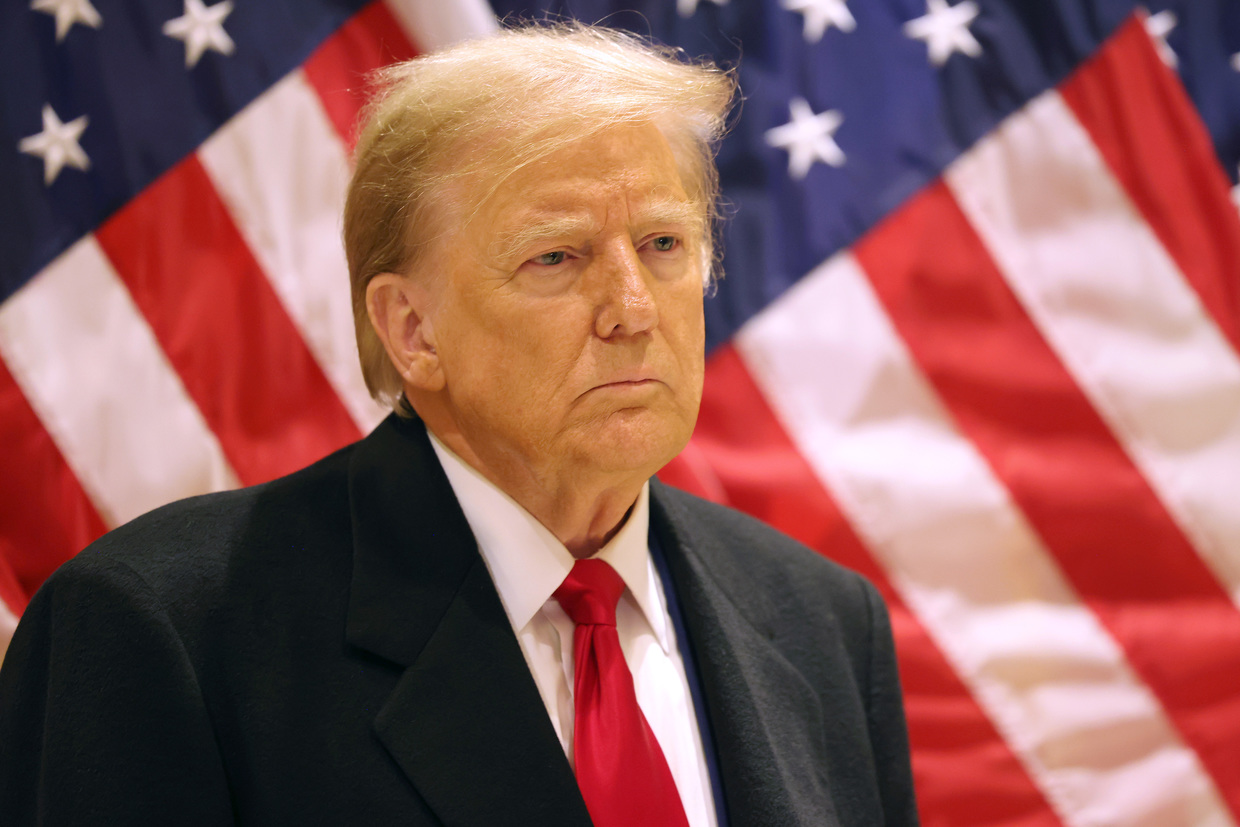
One of Trump’s main ongoing problems is his vice presidential candidate, J.D. Vance. Trump’s choice of Vance has been an unmitigated disaster – with his misogynistic views of women and his extreme position on abortion alienating female and swing voters, and his previous harsh criticisms of Trump (including comparing him to Hitler) causing ongoing, unnecessary, and distracting controversy.
Trump’s recent waning popularity, however, is not altogether surprising.
In 2016, Trump was an intriguing novelty in American politics – a populist who had captured the Republican Party. His opponent was Hillary Clinton, an elite opponent with a great deal of political baggage and limited political skills. Clinton believed that she was entitled to become president, foolishly described Trump voters as “deplorables,” and haughtily refused to campaign in crucial battleground states.
After eight years of domestic division, stagnation, and foreign policy debacles under Barack Obama and the Democrats, a slim majority of American voters were willing to elect Trump over Clinton in the misguided belief that he would “make America great again.”
If Biden, rather than Clinton, had been the Democratic candidate in 2016, Trump would never have become president.
In 2020, a small majority of American voters decided that four years of Trumpian chaos were more than enough and opted to put Biden in the White House.
And in the 2022 midterm elections, the predicted Trump landslide failed to eventuate – with voters refusing to elect candidates endorsed by Trump who falsely and foolishly claimed that Biden had stolen the 2020 election. Trump is still touting this lie – this may appeal to the more ignorant of his voting base, but alienates swing voters who believe in liberal democracy and value political stability.
The truth is that if the Democrats had had a viable candidate for the presidency for the better part of this year, Trump would probably not have been in the position that he was until Harris replaced Biden.
Trump, in fact, in a rare moment of political insight, all but admitted this at a recent rally when he said “I shouldn’t have knocked Biden out of the race.”
Now that Harris has unexpectedly turned out to be a credible and popular candidate, Trump’s popularity is understandably on the slide once more – and, barring some unforeseen catastrophe, Harris appears headed for the White House.
